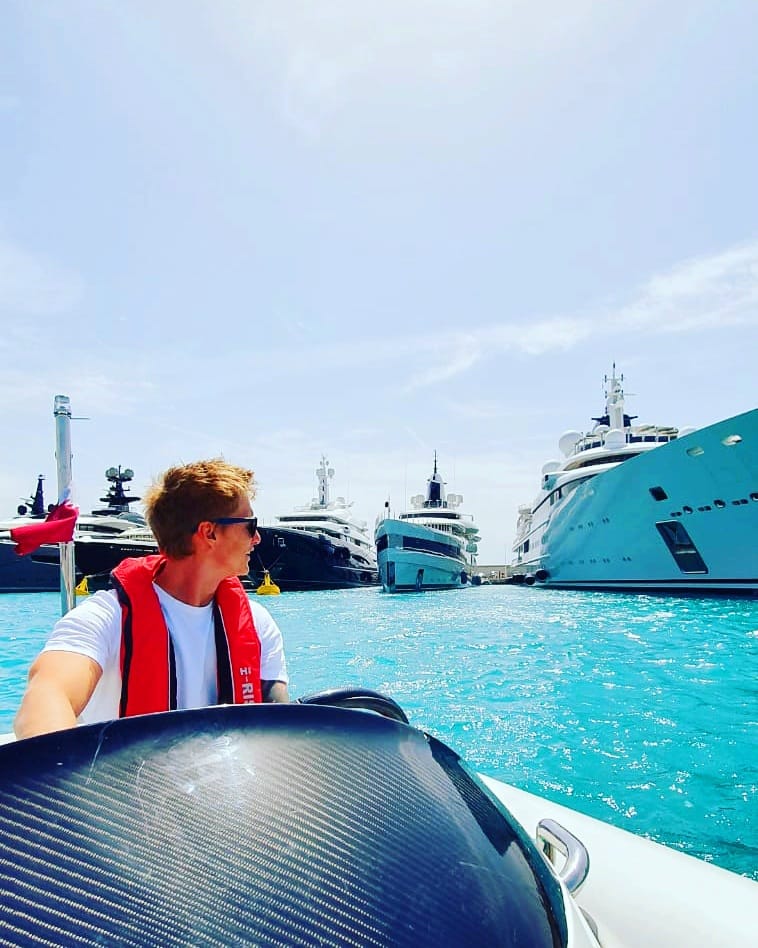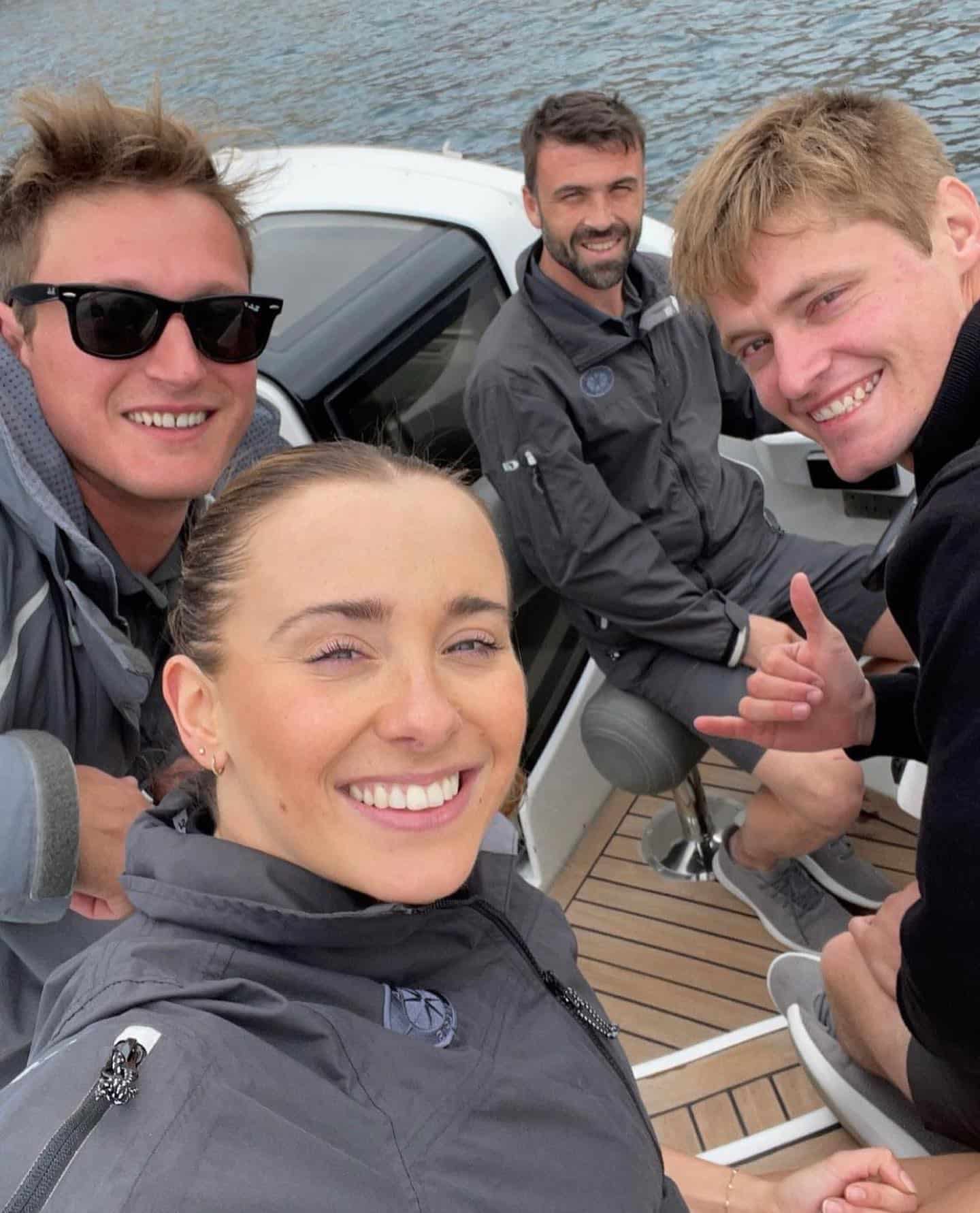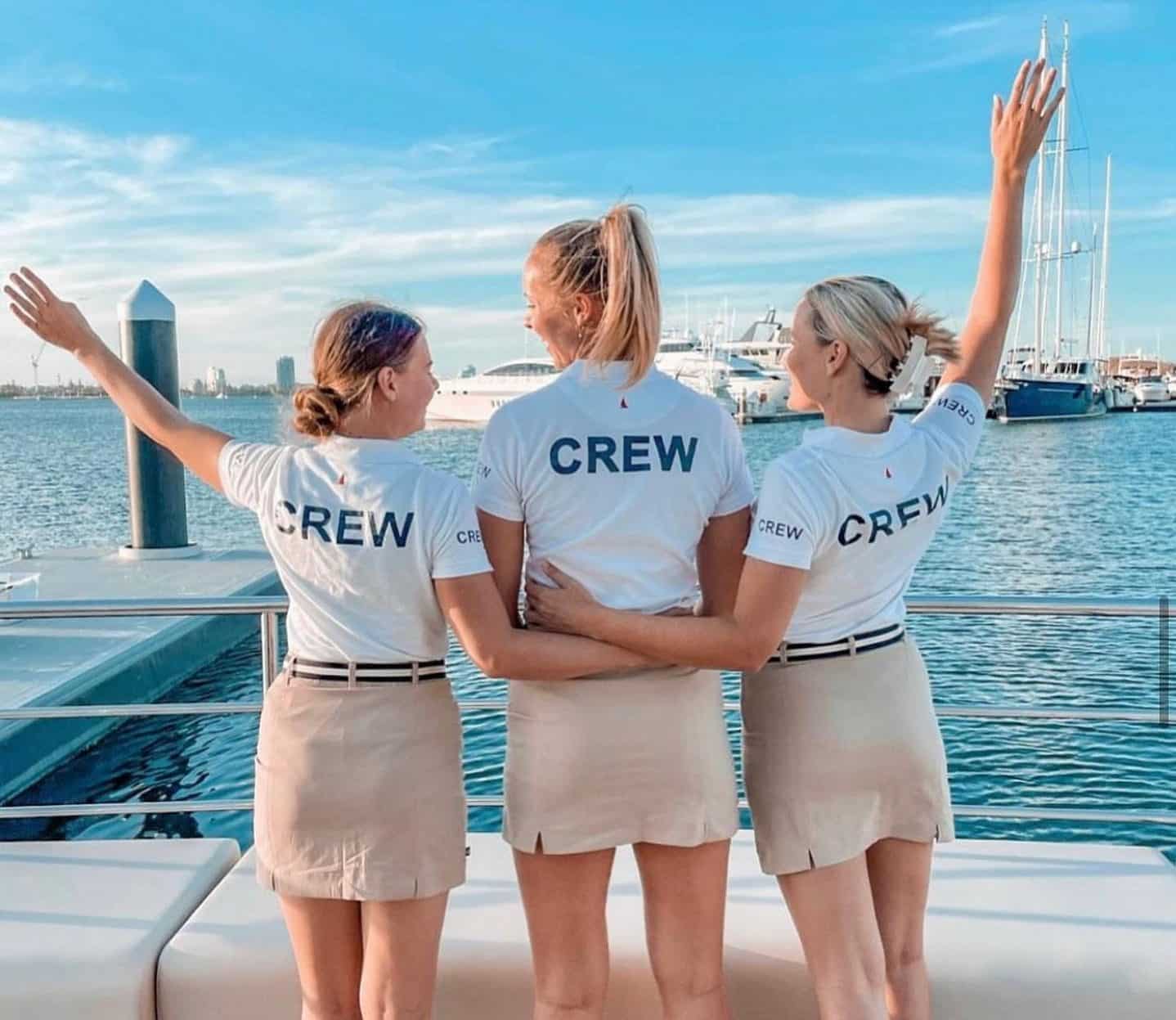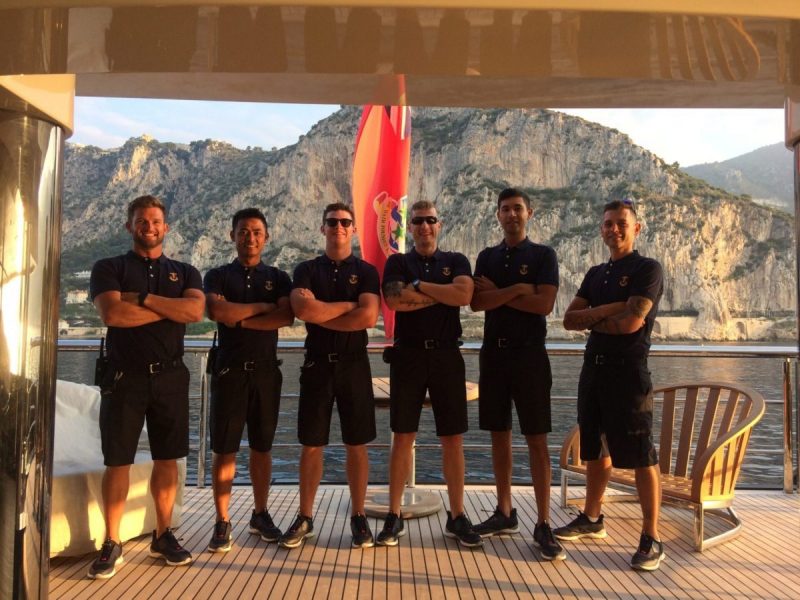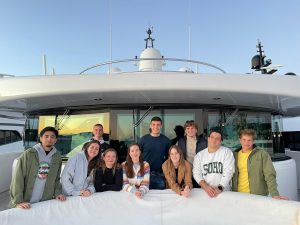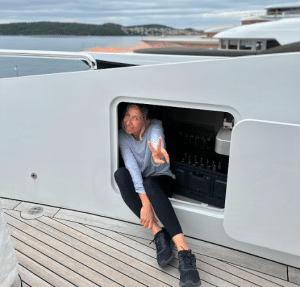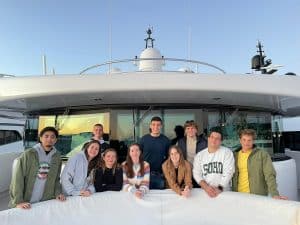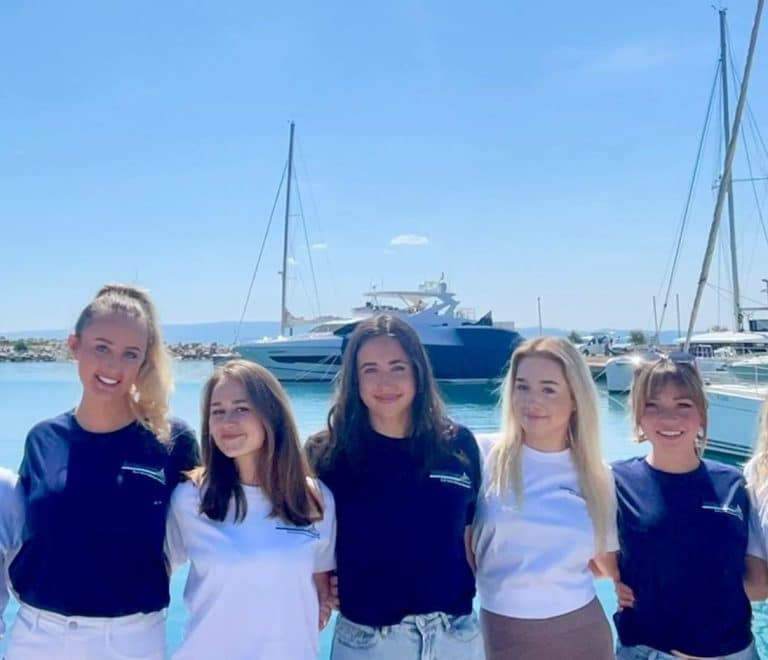The Standards of Training, Certification, and Watchkeeping (STCW) Convention is a crucial framework designed specifically for seafarers. It sets out the minimum standards of competence, training, and certification required for seafarers to perform their duties effectively and safely. The STCW Convention has significant implications for seafarers worldwide, and it is essential to understand its key provisions to ensure compliance and avoid potential legal repercussions. In this article, we’ll do a deep dive into the STCW Convention and provide seafarers with the essential information they need for a career in yachting.
A Brief History of the STCW
The STCW Convention is a set of international regulations that govern the training, certification, and watchkeeping of seafarers. It was adopted in 1978 by the International Maritime Organization (IMO) and has since been amended several times to reflect changes in the maritime industry. Every seafarer must understand the STCW Convention, as it sets the standards for their training and certification. This article will demystify the STCW Convention and explain what every seafarer should know.
Minimum Training Requirements
The STCW Convention sets out the minimum training requirements for seafarers. These requirements are divided into two categories: basic training and advanced training. Basic training covers four areas: personal survival techniques, fire prevention, and fire fighting, elementary first aid, and personal safety and social responsibilities. Advanced training covers a wide range of topics, including ship handling, navigation, deckhand training, cargo handling, and engine room operations.
Seafarers must complete the required training before they can work on a vessel. This ensures that all seafarers have the necessary skills and knowledge to operate the vessel safely and efficiently.
Certification
Certification is the process of verifying that a person has met the minimum training requirements set out by the STCW Convention. Seafarers who complete the necessary training are issued with a certificate of competency that proves they have the skills and knowledge required to work on a vessel.
There are different types of certificates available depending on the seafarer’s role on the vessel. For example, a deck officer would require a certificate of competency for navigation and ship handling, while an engineer would require a certificate of competency for engine room operations.
Certificates are issued by the flag state of the vessel the seafarer is working on. The flag state is responsible for ensuring that all vessels flying its flag comply with international maritime laws and regulations. This includes ensuring that all seafarers working on the vessel have the necessary training and certification.
Watchkeeping
The STCW Convention also sets out the watchkeeping requirements for seafarers. Watchkeeping is the practice of keeping a lookout for other vessels, hazards, and weather conditions while on board a vessel. The convention requires seafarers to maintain a continuous watch and to be alert at all times.
Seafarers must also be trained in the use of navigational equipment and must be able to navigate the vessel safely in all conditions. The convention also requires seafarers to be trained in the use of firefighting equipment and to be able to respond quickly and effectively to a fire on board the vessel.
Conclusion
The STCW Convention is a set of international regulations that govern the training, certification, and watchkeeping of seafarers. Every seafarer should understand the STCW Convention and how it applies to their work. Seafarers should ensure that they have completed the required training, hold a valid certificate of competency or proficiency, and are up to date with their certification and training. Seafarers should also be familiar with the watchkeeping requirements and should be trained in the use of navigational and firefighting equipment. By following the STCW Convention, seafarers can ensure that they have the necessary skills and knowledge to operate modern vessels safely and efficiently.
Start building your career as a seafarer by obtaining the necessary training and certification. Yachtie Careers provides all-in-one yacht crew training and STCW certification training in the UK and USA. With our experienced instructors and state-of-the-art facilities, we offer comprehensive courses that will equip you with everything you need to excel in your career as a seafarer. Invest in your career today by signing up for Yachtie Careers and ensure that you are well-equipped to succeed in the maritime industry.

